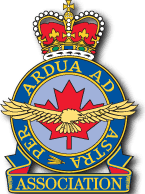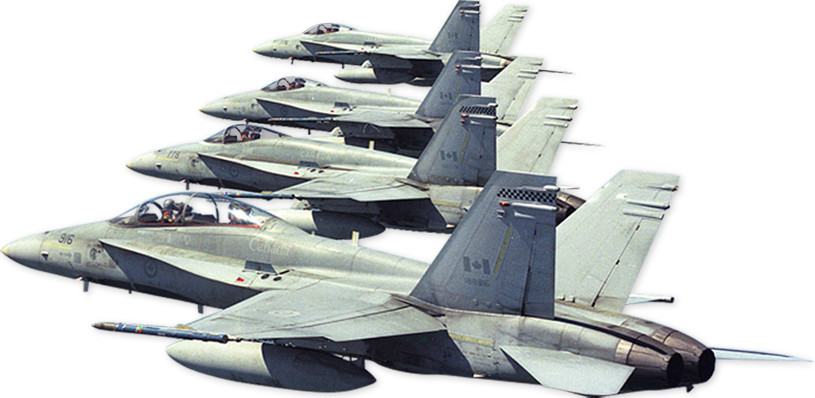AIR MARSHAL LECKIE, OTTAWA One of Canada’s aviation pioneers, and the last surviving wartime RCAF chief of the air staff, died 31 Mar. He was Air Marshal Robert Leckie, CB, DSO, DSC, CD (ret’d) of Ottawa. He was 84 years of age. Air Marshal Leckie was born April 16, 1890, in Glasgow, Scotland and came to Canada at the age of 16. His decision to enter the Royal Naval Air Service as a pilot in 1915 involved the personal expenditure of $600, the cost of preliminary flying training. Eventually, he became known as one of the “Zeppelin killers from Canada.” During his wartime service he shot down two of the huge German airships. His first “zep” was Germany’s first dirigible loss to the lowceiling flying boats. On board the second was the commander-in-chief of the German Zeppelin Service, Peter Strasser. Air Marshal Leckie also destroyed a submarine, and flew more than 100 reconnaissance flights into the Heligoland Bight. After the armistice he was assigned to
command No. 1 Canadian Wing of the newly-formed Royal Air Force. Following the war, Air Marshal Leckie returned to Canada and assumed a civilian post as director of flying operations for the Air Board. In this capacity he played a vital role in the development of Canadian civil aviation and organized and helped pilot the first trans-Canada flight. In 1919 he accepted a permanent commission in the RAF as a wing commander, and was seconded to the Canadian Air Board. He returned to Britain in 1922 and served in various capacities, including flying from HM Ships Hermes and Courageous, two of Britain’s early aircraft carriers. In 1935 he became director of training of the RAF and was responsible for the training of many of the men who were to fight in the Battle of Britain. In 1938 he became air-officer-commanding the Mediterranean area, with headquarters at Malta, in the rank of air commodore. He was involved with the creation of the British Commonwealth Air Training Plan, in that he made representations to the RAF to establish flying training schools in Canada. He was appointed a member of the air council for training in Nov., 1940, and the following year was promoted to air vice-marshal. He transferred to the RCAF in 1942, and two years later was promoted to air ‘marshal and appointed RCAF chief of the air staff, a position he held until retirement Sept. 1, 1947. Subsequently he was appointed special consultant to the Air Cadet League. Air Marshal Leckie is survived by his widow, Bernice, and two sons, Robin and John.








